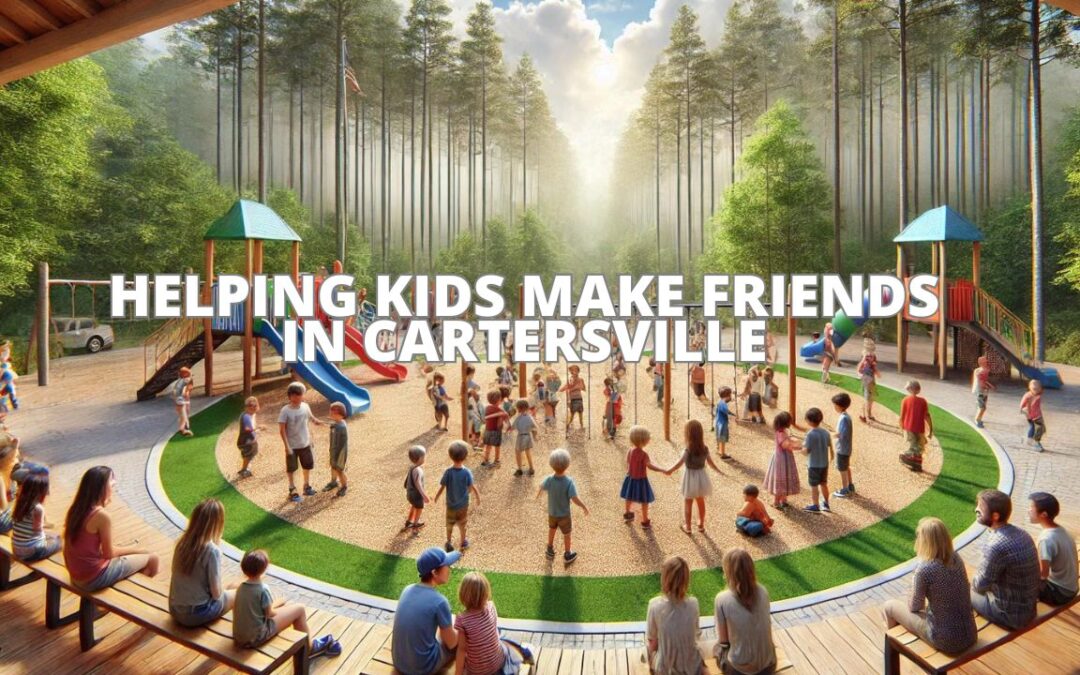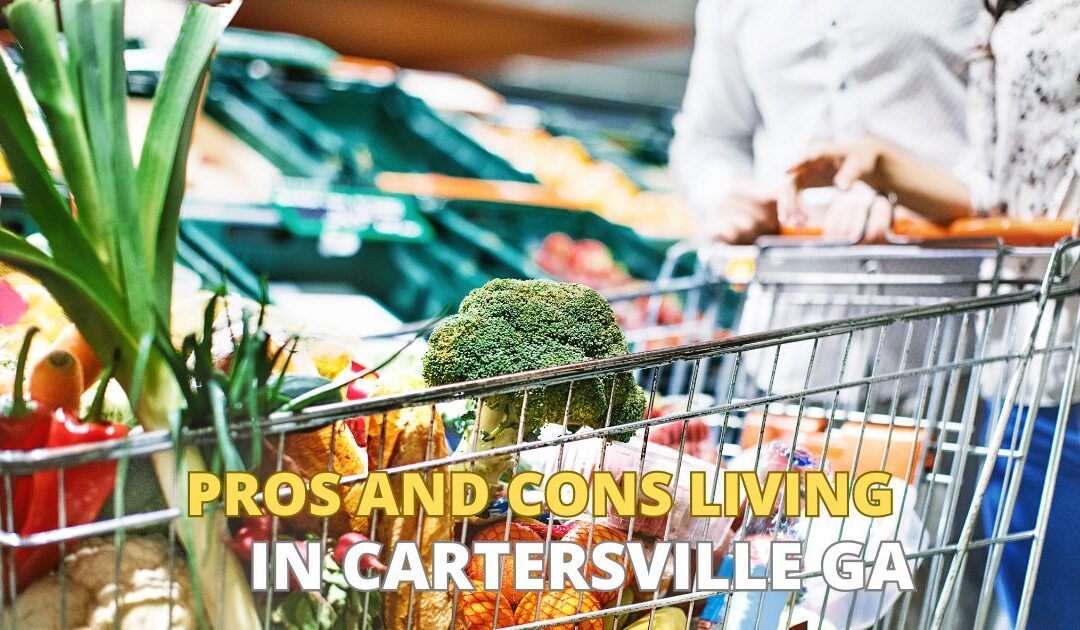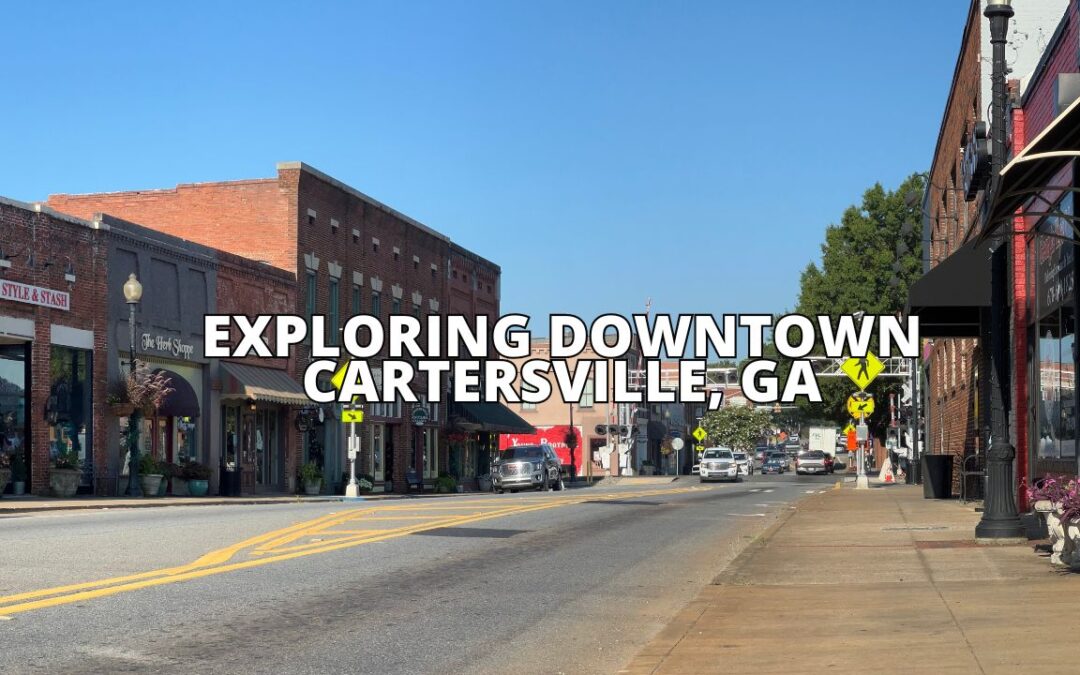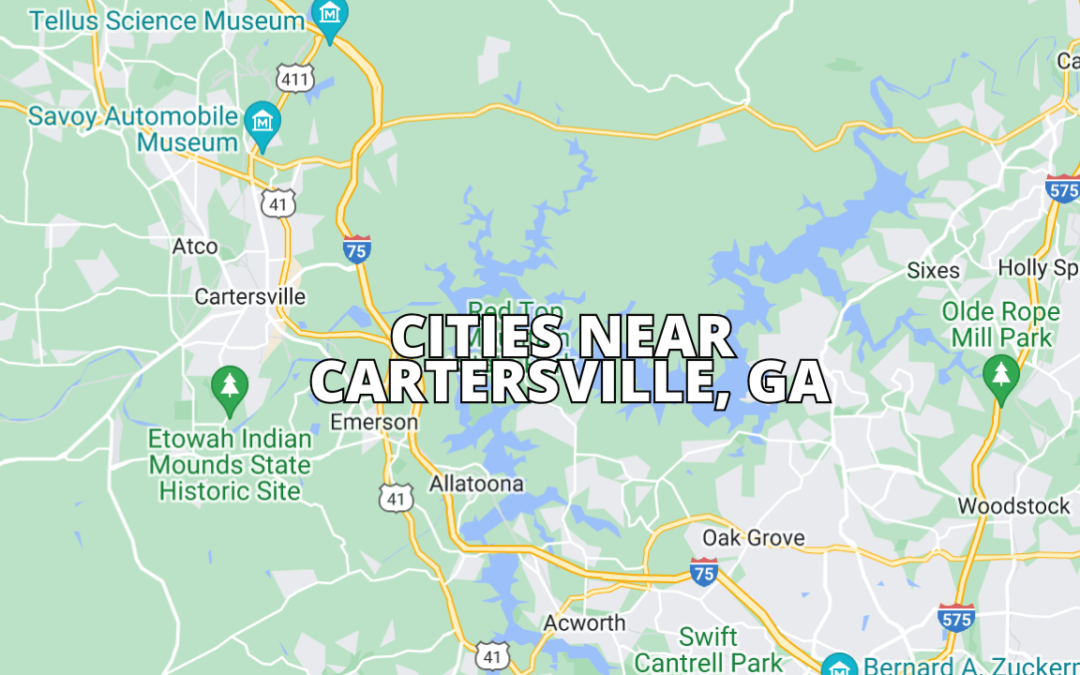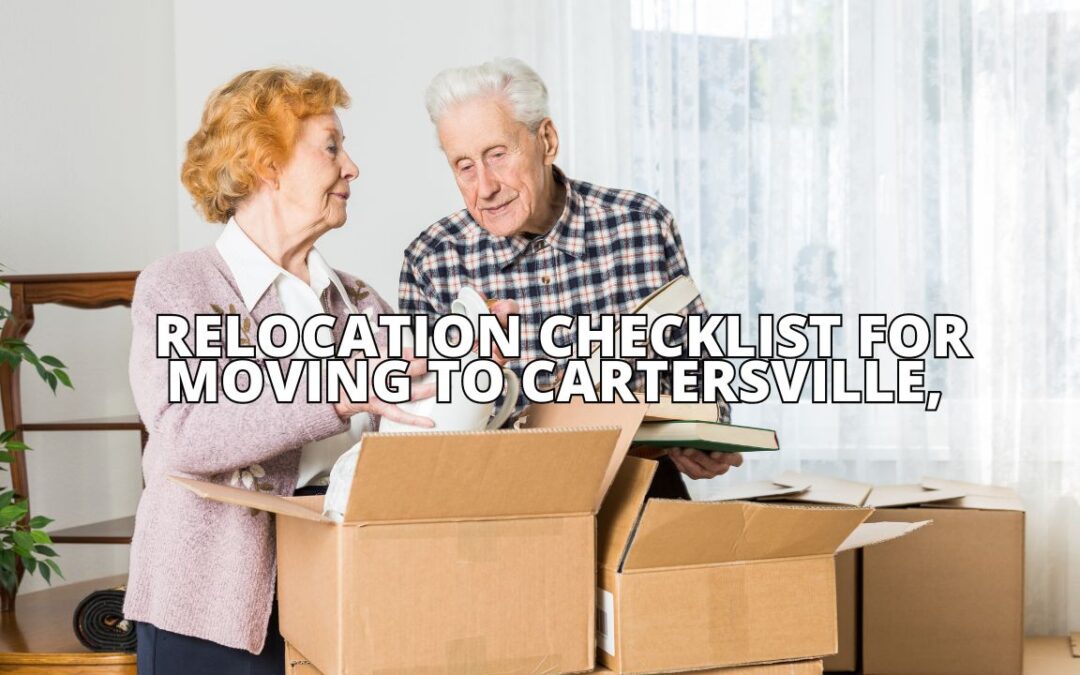Making friends can be a crucial part of a child’s development, particularly in a community like Cartersville.
Parents and guardians can play an essential role in guiding children through social interactions and helping them build meaningful relationships.
Engaging with local resources and social activities can create numerous opportunities for children to connect with their peers in a positive environment.
As children navigate their social landscape, schools and extracurricular activities can serve as crucial platforms for friendship building. Creating a welcoming and supportive atmosphere is key to fostering these connections. It is important for parents to be proactive in seeking out opportunities that encourage socialization and support their children’s social skills development.
By understanding the dynamics of child social development, families in Cartersville can better equip their children to cultivate lasting friendships. With the right approach and resources, making friends can be an enjoyable experience that lays the foundation for future social success.
Key Takeaways
- Building friendships starts with parental guidance and support.
- Schools and activities provide vital opportunities for social connections.
- Understanding social development helps children navigate friendship challenges.
Understanding Child Social Development
Child social development comprises various stages where children learn to navigate relationships and develop essential social skills. Understanding these stages and the impact of friendships on development is crucial for fostering healthy social interactions.
Stages of Social Skills in Childhood
Social skills develop through distinct phases, beginning in infancy and continuing into adolescence. Infants first engage through non-verbal cues and instinctive actions, like smiling or crying, to express needs.
As toddlers, they start parallel play, engaging alongside peers without direct interaction. By ages 3 to 4, cooperative play emerges, where they share toys and take turns.
During middle childhood, friendships deepen and become more complex, with children seeking emotional connections and loyalty. They also begin to understand social norms, such as fairness and empathy.
Each stage builds on the previous one, influencing a child’s ability to form and maintain friendships later in life.
The Impact of Friendship on Child Development
Friendships play a vital role in a child’s social, emotional, and cognitive development. Positive peer relationships contribute to a sense of belonging and enhance emotional resilience.
Having friends helps children develop social skills like communication, conflict resolution, and empathy. These experiences are essential for building self-esteem and establishing trust.
Studies indicate that children with strong friendships tend to perform better academically and display lower levels of anxiety and depression.
Furthermore, friendships serve as a practice field for negotiating social roles and understanding group dynamics, preparing children for future interpersonal relationships in adulthood.
Creating a Welcoming Social Environment
A welcoming social environment is crucial for children to feel comfortable and confident in making friends. Factors such as family support and inclusive community activities play a significant role in shaping these interactions.
The Role of Family in Encouraging Socialization
Families are foundational in cultivating social skills in children. They can provide guidance by modeling positive social interactions. Parents should encourage children to express themselves and develop their own voice. This can be achieved through family discussions that promote active listening and empathy.
Engaging in family activities, such as game nights or outings, allows for practice in social settings. Parents should also teach children the importance of teamwork and cooperation. By setting up playdates or group activities, families nurture environments where friendships can blossom.
Inclusive Activities in Cartersville
Cartersville offers various inclusive activities that foster social connections among children. Local parks often host events, such as family-friendly festivals and outdoor movie nights, providing opportunities for kids to meet others.
Community centers run classes in arts, sports, and music, creating a shared space for children with common interests to bond. Additionally, schools frequently organize clubs, where children can develop friendships based on hobbies like robotics or drama.
Participation in community sports teams helps build not only skills but also camaraderie. By engaging in these inclusive activities, children can forge meaningful relationships while boosting their self-esteem.
Educational Institutions’ Role
Educational institutions play a crucial role in helping children develop social connections and friendships. Through various programs and teacher involvement, schools foster an environment conducive to peer interaction, which is essential for children’s emotional and social development.
Social Skills Programs in Schools
Many schools in Cartersville implement social skills programs aimed at enhancing children’s ability to interact with peers. These programs typically focus on teaching essential skills like communication, empathy, and conflict resolution.
Key components often include:
- Role-playing activities: Students practice scenarios to improve interpersonal skills.
- Group projects: Collaborative tasks encourage teamwork and help break down social barriers.
- Peer mentoring: Older students guide younger ones, fostering friendships across age groups.
Such initiatives not only help children make friends but also prepare them for successful social interactions in various settings.
Teacher Involvement in Peer Connections
Teachers in Cartersville play a vital role in facilitating social interactions among students. They actively monitor classroom dynamics and identify students who may struggle to connect with their peers.
Strategies employed by teachers include:
- Encouraging participation: Teachers often promote inclusive activities that require teamwork.
- Observing social interactions: By identifying pairings that work well, they can help foster friendships.
- Creating a supportive atmosphere: Open communication with students encourages them to express their feelings about peer relationships.
By taking a proactive approach, teachers significantly enhance students’ opportunities for developing meaningful friendships.
Extracurricular Opportunities for Friendship
Engaging in extracurricular activities provides children in Cartersville with valuable opportunities to form friendships. These programs not only enhance social skills but also create lasting bonds among peers.
Sports Teams and Clubs in Cartersville
Cartersville offers a variety of sports teams and clubs tailored for children of different ages. Local organizations, such as the Cartersville Parks and Recreation, host leagues for soccer, baseball, basketball, and more. These teams encourage teamwork and communication, vital components for fostering friendships.
Participation in sports also teaches children how to cope with both victories and defeats, enhancing their emotional resilience. This environment promotes inclusivity, allowing kids to connect with peers who share a common interest in athletics. The communal support seen during games can solidify friendships, as teammates celebrate each other’s successes together.
Art and Music Programs for Children
In addition to sports, Cartersville boasts numerous art and music programs designed to nurture creativity and expression. Organizations like the Cartersville Arts Center offer classes in painting, drawing, and music, allowing children to collaborate on projects. Such collaboration fosters a sense of community and encourages friendships.
These programs emphasize group activities, where children can work together on performances or exhibits. This collaborative spirit helps develop communication skills and mutual respect. Children participating in the arts often find it easier to connect with others, breaking down social barriers and forming deeper relationships in the process.
Addressing Challenges in Friend-Making
Navigating the complexities of friendships can be particularly difficult for some children. This section focuses on strategies to support shy or introverted kids and to help those who struggle with social anxiety.
Supporting Shy or Introverted Children
Shy or introverted children may find it challenging to initiate friendships. Parents and caregivers can foster social connections by creating opportunities for interaction in low-pressure environments.
Encouraging participation in group activities, such as sports or arts, can help children engage gradually. Providing them with conversation starters can ease the transition into social settings.
Role-playing can also be beneficial. Practice simple interactions at home, allowing the child to rehearse how to introduce themselves or ask questions.
Additionally, it is essential to validate their feelings. Acknowledging that it is okay to feel nervous can make them feel supported and more open to trying new experiences.
Helping Kids Overcome Social Anxiety
Social anxiety is a common barrier to making friends. To address this challenge, it is crucial to help children build coping skills.
One effective approach is gradual exposure. Start with small, manageable social interactions. This might include speaking to a neighbor or a classmate.
Parents can also teach deep-breathing exercises to use in anxious moments. Practicing mindfulness techniques, such as focusing on the present, helps children manage anxiety during social situations.
Encouraging involvement in structured activities where the focus is not solely on socializing can also ease anxiety. For example, group projects can shift attention away from personal interactions while still building connections.
Creating a supportive environment at home, where fears can be discussed openly, will empower children to tackle social challenges head-on.
Considering buying a home in Cartersville, Georgia?
Take the first step today! Book a call with our real estate team today!

